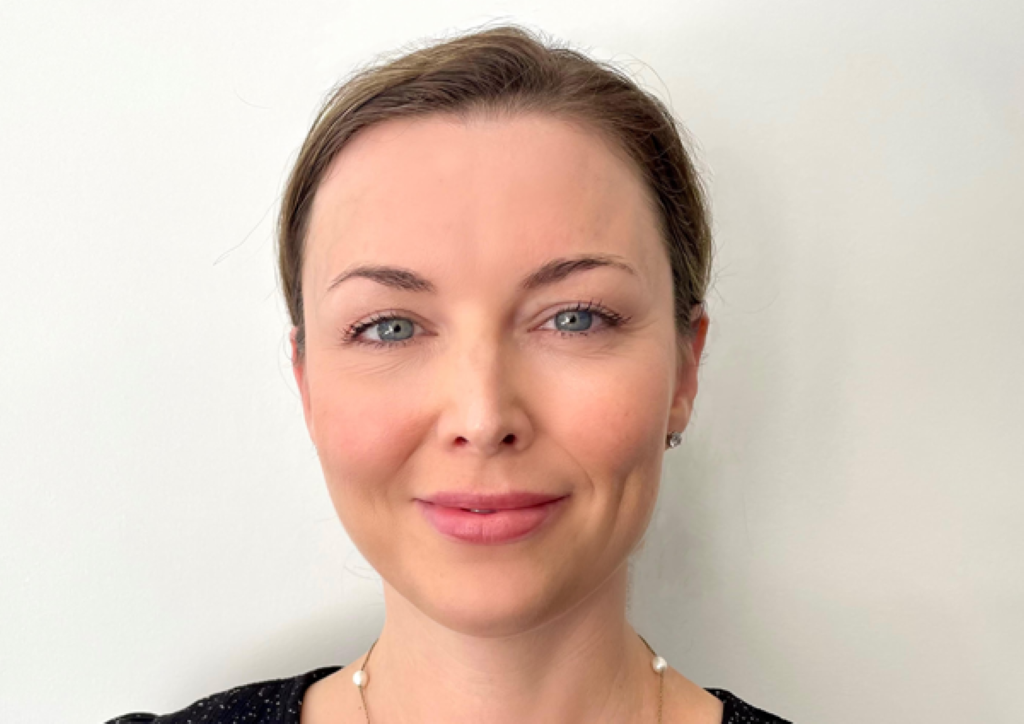FCC Considering Rules to Share Terrestrial Spectrum with Satellite Service Providers
Satellite sharing on terrestrial spectrum is premature, said satellite and terrestrial providers.
Teralyn Whipple

WASHINGTON, July 14, 2023 – Commenters claim that the Federal Communications Commission’s proposed rules that would make it easier for satellite service providers to get access to already-licensed mobile wireless spectrum to help on-the-ground mobile wireless companies cover dead spots they can’t reach are “premature” and could be competitively harmful.
The FCC proposed rules in March to implement a framework through which satellite operators collaborating with terrestrial service providers could obtain authorization to operate space stations on certain licenses spectrum. The framework would facilitate satellite to smartphone supplemental coverage.
Satellite providers and terrestrial providers alike urged the FCC to take more precaution in implementing the rules.
“Supplemental coverage from space can expand access to emergency communications for consumers and first responders in addition to extending the reach of terrestrial networks,” said Alison Minea, vice president of regulatory Affairs at Dish in a statement with satellite providers EchoStar and Hughes Network Systems. “However, given the risk of harmful interference to existing adjacent bands and adjacent country and international services, the companies urge the FCC to take a cautious, incremental approach,” it continued.
Dish urged the FCC to take the necessary steps to ensure that sharing on the bands would not unduly increase risk to unacceptable interference that would create market confusion and delay adoption of the “important technology.” Failure to do so would allow other countries to take the lead in SCS capabilities, it stated.
Mobile provider Verizon highlighted several key principles to address before the marketplace can deliver on the promise of SCS. Implementation of SCS must hinge on a wireless provider’s decision to partner with a satellite operator and any SCS offering must protect terrestrial wireless operations from harmful interference, read its comments.
Verizon asked the FCC to first provide “clear and predicable guidelines to support case-by-case evaluation” to encourage the development of the SCS market while ensuring terrestrial service is not harmed. “It would be premature to adopt a new regulatory regime, and doing so could needlessly hamper the very services this proceeding seeks to advance,” read its comments.
It suggested that the FCC adopt a waiver-based approach that would place the burden on SCS applicants to demonstrate that their service will meet robust technical safeguards to protect mobile operators. This would promote competition and provide terrestrial operators with “ample flexibility” to utilize SCS in the way best suited for their network, added Michael Goggin, general attorney at AT&T in comments.
AT&T said that the FCC “should proceed cautiously and ensure that its deployment does not disrupt the thriving terrestrial mobile broadband networks that consumers rely on.”
“Connecting mobile devices to satellites may hold promise for the future, but the technology for SCS is still in its infancy,” it continued. It suggested that the FCC’s regulatory approach be guided by its goals to protect terrestrial licenses and networks, ensure SCS is inherently supplemental, and maintain long term competition and innovation.
The Rural Wireless Association urged the FCC to be more inclusive of wireless carriers in the definition of qualifying terrestrial providers. According to RWA, “only certain nationwide, statewide, or territory-wide license holders would be eligible to enter into leasing arrangements with satellite operators” according to currently proposed rules.
Spectrum sharing is a major topic of discussion within the FCC. Spectrum bands, frequencies that wireless signals travel over, are becoming increasingly sparse due to its finite nature. The FCC lost its authority to auction spectrum authority to the highest bidder earlier this year.










Member discussion